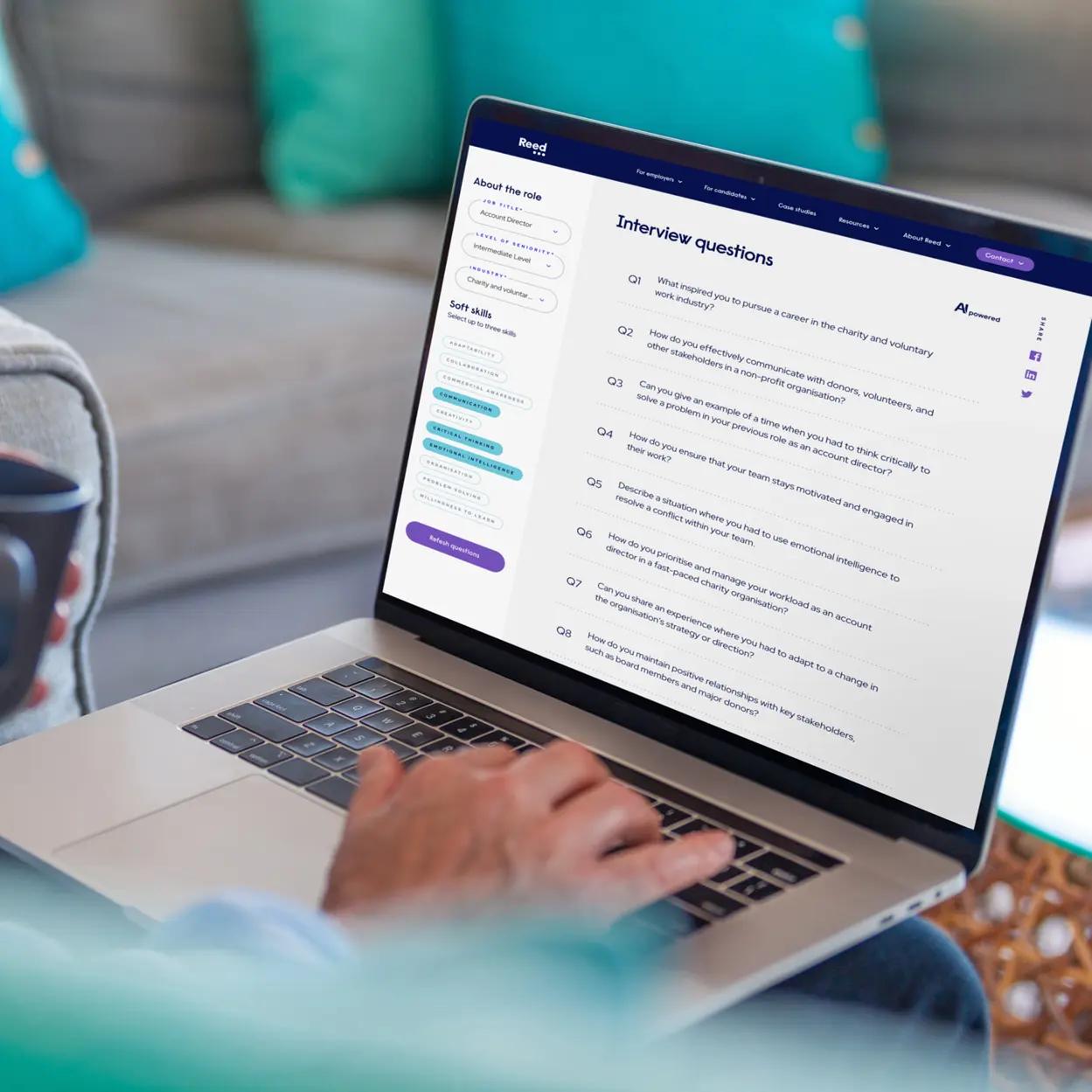The benefit of a telephone interview over a video call is that it requires less planning, meaning that it can be arrange and held very quickly. This means that organisations who are seeking to hire workers rapidly may use it as a final interview, while others will still deploy phone interviews as a way to filter down the number of candidates before inviting them for a video interview.
There are several things to bear in mind when conducting these types of interviews:
Planning a telephone interview
A telephone interview is no different from other interviews; make sure you have read through the candidate's CV, job description/person specifications and any other relevant documents.
Ensure you are in a quiet room to conduct the interview, so that you and the candidate can hear each other clearly. Have your list of questions ready and be prepared to note down the candidate’s responses.
Know what you are looking for
You will be unable to judge things like personal appearance, body language and other aspects of personality on the phone. Rather than focusing on things you cannot do, use a telephone interview tick list:
Do they have the required skills and experience?
Can they communicate in a clear way?
Have they explained anything you are unsure about on their CV or application?
Phone interviews tend to be shorter than video or face-to-face interviews, so ensuring you know what information you need to gather and planning questions to fit those areas will help you keep the interview on track.
Settle your interviewee
Candidates will be nervous, regardless of the fact it is not a face-to-face discussion. If you do not try to calm an interviewee, this can make for an uncomfortable conversation where you fail to get the insight you need.
You will have already highlighted the structure of the call prior to the interview, but put the candidate at ease by introducing yourself and restating how long the interview will last and how it will be structured.
What type of questions should you ask?
Remember to keep things simple. The lack of visual interaction means that phone interviews are not suited to complex questions that require lengthy answers. Of course, you want your candidates to be thorough with their answers - but do not attempt to ask anything too brow-furrowing.
You should avoid asking anything which will make the candidate ramble, as this will simply waste precious time. It could lead to you having to interrupt, which would be awkward for both of you, as you cannot use a visual cue to signal to the candidate that you would like to speak.
The end of the interview
As with any interview, stay friendly and professional until you have hung up. Before you end the call, tell the candidate what the next steps are and ensure you have given them your phone number, in case they need to contact you.
Be aware that they are within their rights to ask for a copy of the notes you made during the interview, so make sure you have some, they are professional and that you have filed them accordingly.
If you are looking to hire someone fast across one of our 20 specialisms, contact your local Reed office.



